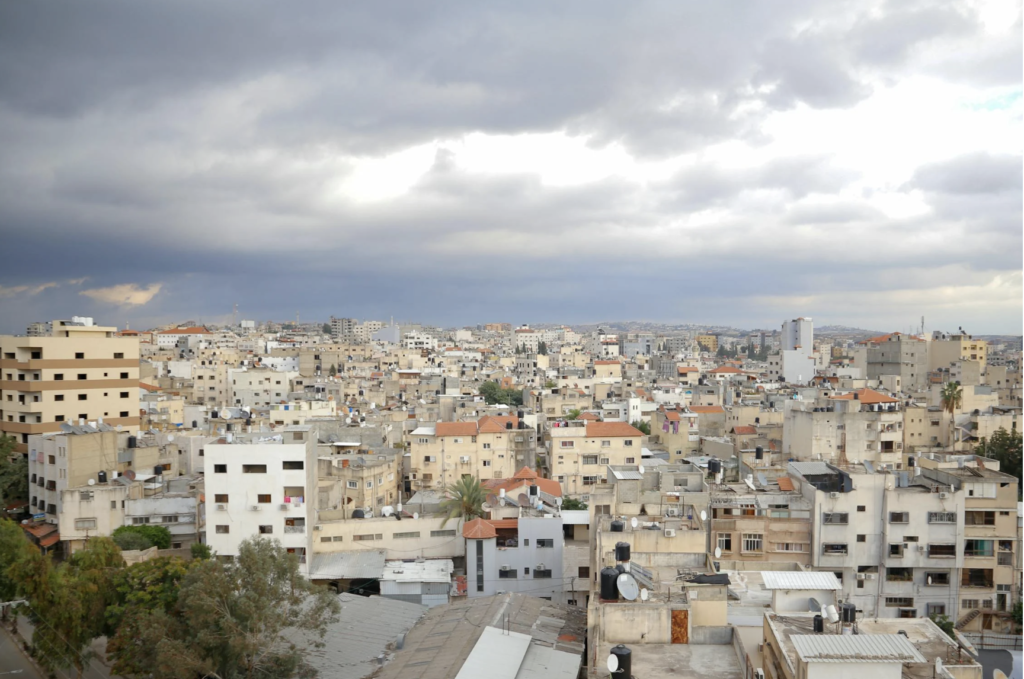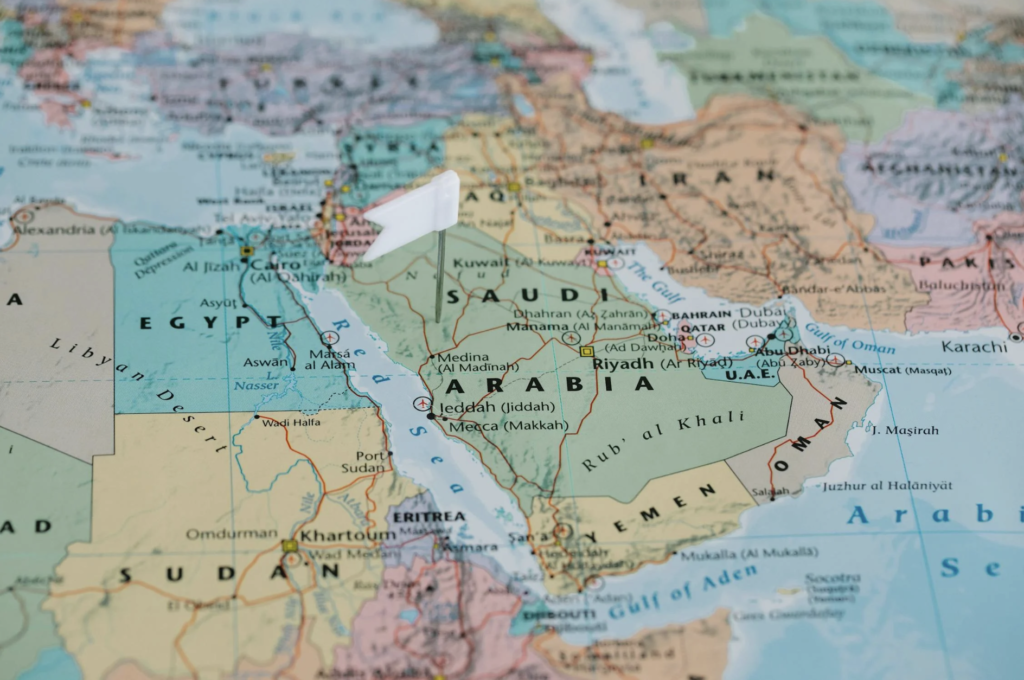Israel Planning to Expand West Bank Settlements Further

By: Jake Harris / Arab America contributing writer
The year is 1967, tensions had been building between the State of Israel and its Arab neighbors. Much of this tension can be traced back to the 1956 Suez Crisis in Egypt. The French and British had owned and operated the Suez Canal since 1869. Gamel Abdel Nasser, President of Egypt rose to power with the intent of expelling colonial foreign influence from Egypt. Nasser announced that the Suez Canal would be nationalized by the Egyptians. This decision was met with opposition in France and Britain. Israel also wanted to respond because they lost access to the Straits of Tiran.
While the coalition of powers against Egypt gained the upper hand on the battlefield, America, and the Soviet Union demanded a ceasefire, and sent in UN Peacekeepers to facilitate a peaceful withdrawal of British and French Troops. Israel regained access to the Straits of Tiran via UN Peacekeepers proclaiming that any future blockades would be seen as an act of war.

The Suez Crisis strengthened Arab nationalism in the region furthering tensions on all sides of the Israeli border, setting the stage for the Six Days War in 1967, in which a war broke out between Israel, Syria, Jordan, and Egypt that would change the nature of the Israeli-Palestinian conflict forever. The war ended in a defeat for the coalition of Arab countries and Israel occupied the West Bank from Jordan and the Gaza Strip from Egypt. Israel also occupied the Sinai Peninsula but forfeited the territory during negotiations.
Beginning shortly after the conclusion of the war, Israelis began moving in large numbers to the militarily occupied territory. The practice of colonial settlements in military occupied territory has been deemed illegal under international law. Entire Palestinian communities have been forced to leave their homes to make way for settlements exclusively reserved for Israelis.
On May 29th 2025, The government of Israel announced that 22 new settlements were being approved in the West Bank. This is the largest expansion in decades. Israeli defense minister Israel Katz openly stated that the settlements at least partially serve to prevent the existence of a Palestinian state.
The announcements come very recently following a joint statement by France, Canada, and the United Kingdom. This statement condemns the expansion of the military operation in Gaza. The statement also addresses the global concerns that not nearly enough humanitarian aid is being allowed in for suffering civilians. Targeted sanctions are not off the table.
British Member of Parliament Hamish Falconer condemned the expansion of the settlements citing the flagrant violation of international law. Last summer, Falconer was appointed by Prime Minister Keir Starmer as the under-secretary for the Middle East, Afghanistan, and Pakistan.
The governments of Spain, Norway, Jordan, Switzerland, and Finland all publicly condemned the move on X. It remains to be seen as to whether these countries become open to the idea of economic sanctions
Laws and guidelines are not applied equally in the occupied territories. Israeli settlers live under the civil laws of Israel, while Palestinian locals live under Israeli military law. The rules on demonstrations are night and day. Israeli citizens can have permitless demonstrations below 50 participants. Palestinians in the West Bank can be arrested for vague crimes that have unclear wording. A Q&A with the author of a Human Rights Watch report titled “Born Without Civil Rights” used the example of a law in which Palestinians under military occupation can be arrested for the crime of “offending the honor of a soldier”. Israeli speech cannot be a criminal offense unless it meets the threshold of creating an atmosphere where it is a near certainty the speech will directly hurt national security. Military law only requires that speech “may” harm public peace or order in order to reach the criminal threshold.
Right now, the public is left to speculate as to whether the torrent of public condemnation will lead to anything concrete. The settlements were deemed illegal by the United Nations years ago but international law has been hardly enforceable in the years since.
Want more articles like this? Sign up for our e-newsletter!
Check our blog here!








